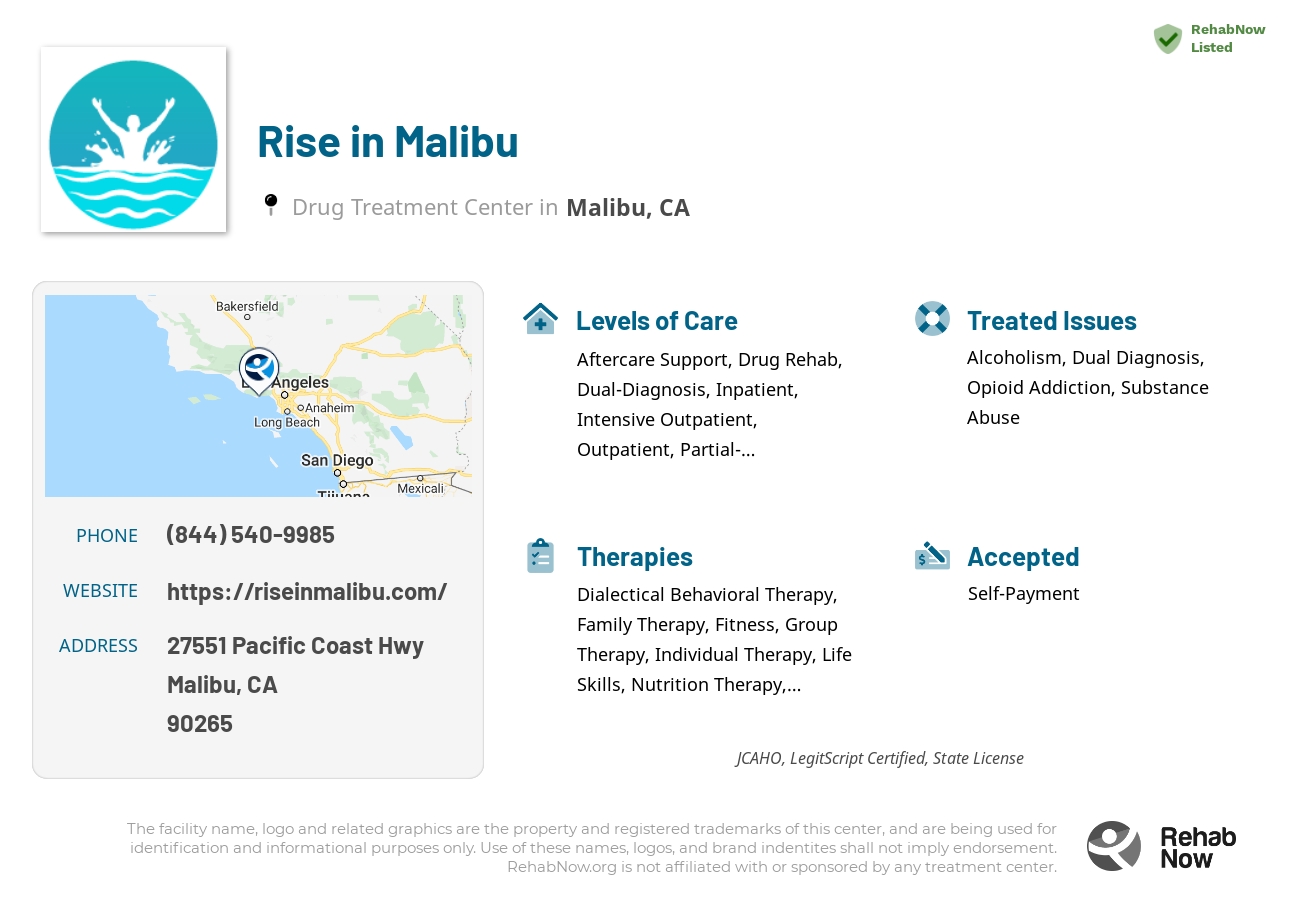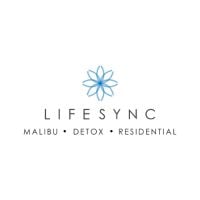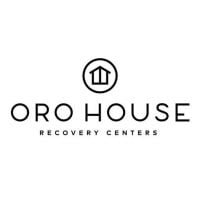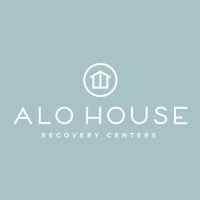About This Malibu, CA Facility
Rise in Malibu is a secluded, luxury drug and alcohol rehab program located in the serene coastal city of Malibu, California. This Joint Commission accredited facility offers a holistic approach to addiction treatment, combining traditional and modern methods to heal the mind, body, and spirit in a beautifully serene environment.
- Luxury amenities and a seaside view create a tranquil setting for recovery
- Individualized treatment plans tailored to each client's unique needs
- Comprehensive services including detox, inpatient care, medication-assisted treatment, and aftercare
Rise in Malibu provides a full continuum of care, from medically supervised detoxification to inpatient treatment and aftercare planning. Their experienced staff offers a range of evidence-based therapies, such as individual and family counseling, group sessions, experiential therapies, and dual diagnosis support.
The facility specializes in treating alcoholism, opioid addiction, substance abuse, and co-occurring mental health disorders. Treatment methods may include medication-assisted treatment, individual and group therapy, family counseling, and holistic approaches like yoga, acupuncture, and massage therapy.
Genders
Ages
Modality
Additional
Accreditations
State License

LegitScript

JCAHO
Conditions and Issues Treated
Substance abuse refers to the intensive and inappropriate use of psychoactive substances. Psychoactive substances are those that affect brain function. These include illegal drugs, alcohol, and even the excessive use of prescription drugs. The overuse of psychoactive substances leads to severe physical or psychological dependence. It also affects the social life and relationships of the affected individual. Substance abuse is treatable.
The duration of treatment at Rise in Malibu in Malibu can require weeks or even months depending on the severity of the condition as there is a risk of relapse. Treatment options include medications, counseling sessions, various types of behavioral therapy, and group therapy in different combinations.
Addiction to prescription opioid painkillers like oxycodone and hydrocodone, and illicit opioids such as heroin, leads to potentially life-threatening withdrawal symptoms when discontinued. Opioid addiction treatment typically involves an inpatient stay at facilities like Rise in Malibu to make sure they get through withdrawal safely. Treatment also includes comprehensive mental health counseling.
Conditions such as anxiety, depression, schizophrenia, bipolar disorder are part of mental illness. This may occur that opioid abuse and vice versa are induced by mental illness. Diagnosing a concurrent diagnosis or co-occurring condition at Rise in Malibu is essential to understand the addiction better.
Levels of Care Offered
This center offers a variety of custom treatment tailored to individual recovery. Currently available are Aftercare Support, Drug Rehab, Dual-Diagnosis, Inpatient, Intensive Outpatient, Outpatient, Partial-Hospitalization, with additional therapies available as listed below.
An intensive outpatient program is a good option for someone in California with a milder or less severe addiction. An IOP may involve daily meetings at a treatment facility, along with personal counseling and peer meetings. Some IOP programs offer half-day treatment, while others offer full-day programs. Rise in Malibu‘s IOP is customized per individual.
Outpatient programs are the standard for addiction treatment. About 9 in 10 U.S. adolescents entering addiction treatment enroll in these programs, so you’re not alone in Malibu, CA. Treatment is delivered in different settings – offices, clinics, and primary care clinics.
Facilities offer a variety of services, such as individual and group counseling and family therapy. During the sessions, you work with a team of experts that include: General physicians, Psychiatrists, Social Workers, and Psychologists. The main goals of outpatient recovery programs are to help addicted individuals reduce drug use and addictive behaviors, eventually becoming entirely sober.
Partial hospitalization (PHP) is a type of outpatient addiction care. Each plan is tailored to meet unique individual needs. Treatment is more intense than that you receive at a therapist’s office. It is less intense than inpatient rehab. The entire treatment takes about ten days to complete. It does not require you to stay at the California treatment center. Each visit lasts several hours, sometimes, eight hours. It can be the best choice for those who have recently developed an addiction.
Aftercare comprises services that help recovering addicts readjust to normal day-to-day California activities. It can last a year or even longer. Services include individual and family counseling, medications to reduce cravings, and treatment of psychiatric and other medical conditions. Aftercare support begins once you have completed earlier stages of treatment.
Rise in Malibu‘s Therapies & Programs
In addiction recovery at Rise in Malibu, therapy plays a significant role. This helps patients get to the root of their addiction and discover how the problems that contributed to their use can be handled better. Therapy can be performed in a group and one on one settings. The patient interacts with the therapist in a one-on-one atmosphere during individual therapy. This encourages them to reflect on the underlying addiction problems and develop ways to avoid potential future abuse.
Addiction and alcoholism affect the entire family. For this reason, family therapy is vital to a person’s recovery from addiction. In contrast to couples counseling, family therapy at Rise in Malibu may include siblings, children, parents, and other significant people in the recovering person’s life. Family support is one of the most important pillars of recovery.
Many people turn to drugs and alcohol as a way of processing trauma that has affected them in the past. Trauma can include abuse, neglect, the loss of a loved one and other unpleasant incidents. Trauma therapy at Rise in Malibu helps patients process trauma. It gives them the tools to deal with it in a healthier manner.
Dialectical behavioral therapy (DBT) is a type of Cognitive Behavioral Therapy that focuses on eliminating specific negative thoughts such as suicidal thoughts that can potentially lead to an individual inflicting self-harm. It is useful in the treatment of patients exhibiting uncontrollable emotions, intense mood swings, and borderline personality disorders.
The term “Dialectic” means the integration of opposites. In the substance abuse context, DBT refers to accepting the patient’s addiction and working to change their thoughts and behavior. It improves life skills such as controlling the intense emotions without reacting impulsively, resolving the interpersonal conflicts effectively, and promoting awareness about self and others.
Cognitive Behavioral Therapy (CBT) examines the relationship between a patient’s thoughts, feelings and behaviors. Rise in Malibu aims to establish a healthy response to thoughts and feelings as an alternative to turning to drugs and alcohol. It also promotes healthy communication between addicts and those around them. It is and effective therapy for people suffering with all types of addictions.
Life skills pertain to the skill sets a person should possess to become successful in life. Examples are time management, budgeting, and social abilities. Life skills therapy highlights the fact that addiction recovery is more than just a person’s ability to go through their day-to-day without resorting to substance use in Malibu, CA once they leave the facility.
The recovery technique used by Alcoholics Anonymous is the 12 step program, but it can relate to any form of addiction. The 12 steps that addicts must take on the road to recovery are explained. Measures include acknowledging that you have a problem and agreeing to turn around your life. The curriculum, instructed by Rise in Malibu, also requires a belief in a greater power and making amends to others.
It’s no surprise that diet is a crucial player in one’s well-being. What an individual puts into his or her body becomes the fuel that drives the mental and physical faculties to perform accordingly. Therefore, nutrition therapy, also known as medical nutrition therapy (MNT), guarantees that an individual is providing his or her mind and body with proper nourishment.
The right diet can improve a person’s general outlook, sleep habits, and thought processing skills. MNT also lowers the occurrence of chronic diseases such as adult-onset diabetes. Dieticians at Rise in Malibu in Malibu, California believe that nutrition therapy is the key to making significant lifestyle changes, especially when it comes to personal care.Nicotine Replacement Therapy (NRTC) used products like skin patches and gum to deliver nicotine into the bloodstream of people trying to quit smoking. This helps break the habits associated with smoking. The very low doses of nicotine managed by Rise in Malibu prevent cravings while helping people make a gradual transition to complete smoking cessation.
Patient Experience
Fitness Therapy
Fitness therapy is a part of the holistic approach and comprehensive care provided in substance abuse treatment. Fitness therapy in substance abuse treatment includes activities like swimming or jogging that promote movement and improve the general level of fitness of the individual. It does not involve the vigorous exercise regimes used in fitness programs.
Fitness therapy targets attaining the benefits of exercise to the brain like improved attention, cognitive functions, and memory power. Besides, the endorphins released during exercise reduces the anxiety and stress levels and improves the calmness. Fitness therapy complements the various other therapies used in a residential program and outpatient therapies.
Payment Options Accepted
For specific insurance or payment methods please contact us.
Additional Details
Specifics, location, and helpful extra information.
Malibu, California 90265 Phone Number(844) 540-9985 Meta DetailsUpdated April 15, 2024
Staff Verified
Is Rise in Malibu a LegitScript Verified Treatment Facility?
According to our most recent records, we have found this center to be LegitScript verified.
Patient Reviews
There are no reviews yet. Be the first one to write one.
Malibu, California Addiction Information
More than 3 million of California's citizens are addicted to illegal drugs. Almost 800,000 people use hard drugs, almost 5 million use marijuana, and another 2.1 million abuse alcohol every year. Other substance abuse issues such as binge drinking and teen drug use are also common. Many illegal drugs such as cocaine, heroin, methamphetamine, and marijuana are smuggled into the state from Mexico.
8.4% of Malibu residents reported using illicit drugs in the past. The number of overdose deaths in Malibu has quadrupled since 1999. Malibu's proximity to Los Angeles makes it a hub for illegal drug activity. 58% of residents who abuse drugs started using them before they turned 18. About 12% of Malibu residents have alcohol use disorder. Several rehab centers are located in Malibu to help individuals struggling with addiction.
Treatment in Nearby Cities
- Chula Vista, CA (137.0 mi.)
- Victorville, CA (91.7 mi.)
- Calabasas, CA (9.9 mi.)
- Lemon Grove, CA (134.4 mi.)
- Redlands, CA (91.3 mi.)
Centers near Rise in Malibu
The facility name, logo and brand are the property and registered trademarks of Rise in Malibu, and are being used for identification and informational purposes only. Use of these names, logos and brands shall not imply endorsement. RehabNow.org is not affiliated with or sponsored by Rise in Malibu.













